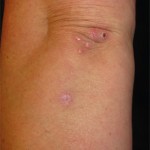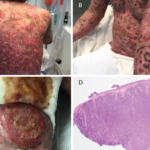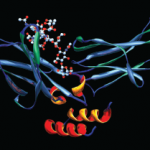The literature cohort had fewer cases of advanced disease compared with the patient population; most achieved complete remission or a partial response.
Dr. Steven T. Chen, co-director of the Comprehensive Cutaneous Lymphoma Program at Massachusetts General Hospital in Boston, says, “This study highlights the need to be on alert for the possibility of cutaneous lymphoma that may be undiagnosed or unmasked by TNF-alpha inhibitors.”
Dr. Chen, who was not involved in the study, tells Reuters Health by email that more and more physicians and dermatologists are prescribing immunosuppressant agents, such as TNF-alpha inhibitors.
“These outcomes serve as a salient reminder that there are rare but very real risks that need to be considered prior to initiating immunosuppressive therapy,” he says.
Dr. Brian Gastman, a plastic surgeon and director of melanoma surgery at the Cleveland Clinic in Cleveland, tells Reuters Health by email that the small sample size and retrospective nature of the study limit its impact, but not the importance of its take-home message.
“Any patient treated for a cutaneous autoimmune-based disease who does not improve on an immunosuppressive regimen should be biopsied, even if a prior biopsy did not show cancer,” says Dr. Gastman, who was not involved in the study.
Reference
- Martinez-Escala ME, Posligua AL, Wickless H, et al. Progression of undiagnosed cutaneous lymphoma after anti-tumor necrosis factor alpha therapy. J Am Acad Dermatol. 2018 Jan 4. pii: S0190-9622(18)30010-0. doi: 10.1016/j.jaad.2017.12.068. [Epub ahead of print]


